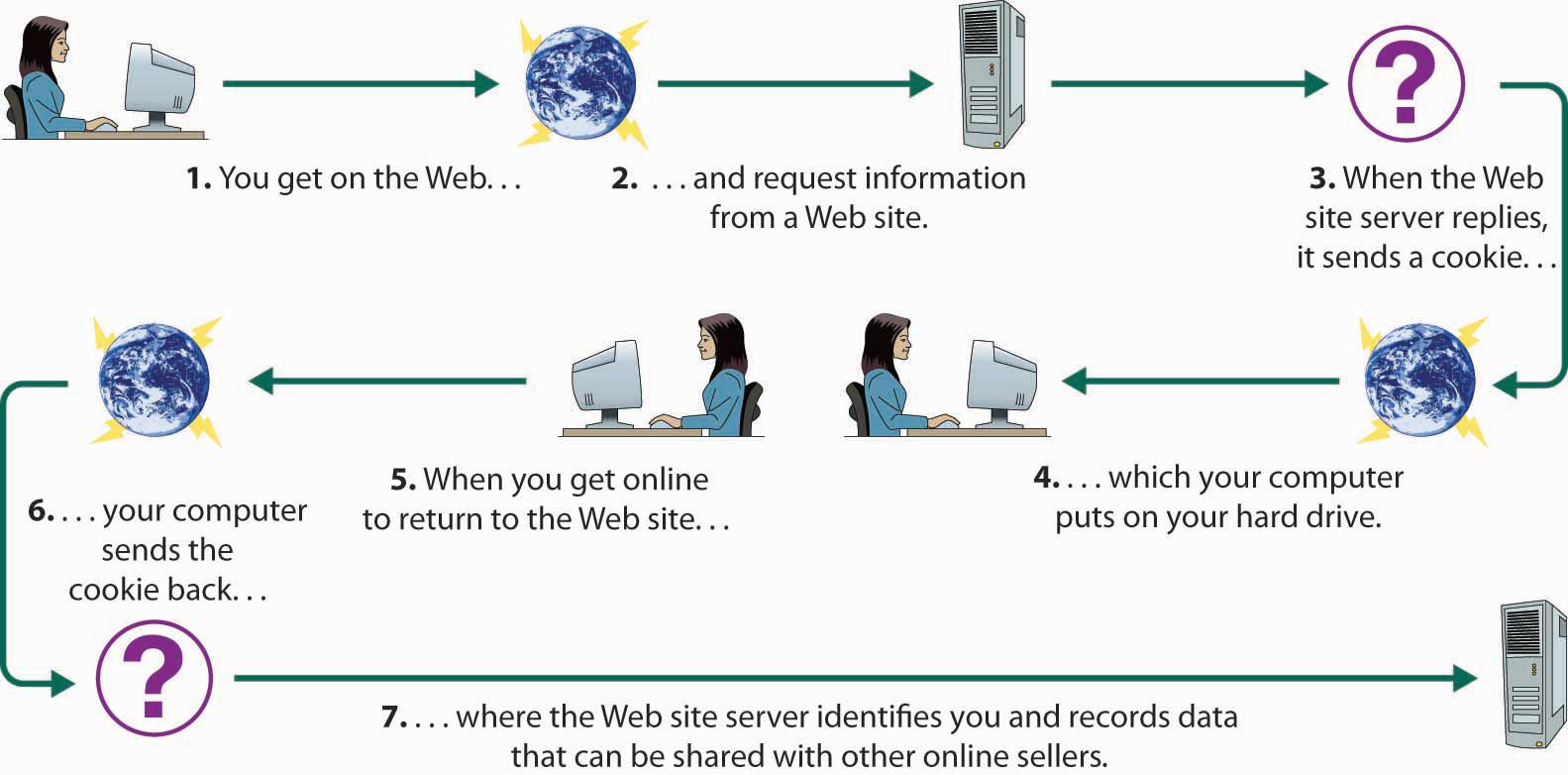The Dark Side of Cookie Consent: Uncovering the Hidden Dangers of ‘Accept All’
As we navigate the vast expanse of the internet, it’s easy to get caught up in the convenience of a single click. ‘Accept all’ - two words that have become synonymous with a seamless online experience. But have you ever stopped to think about what you’re really accepting?
In this article, we’ll delve into the world of cookie consent and explore the hidden dangers of blindly accepting all cookies. From data privacy to targeted advertising, we’ll examine the implications of our actions and what it means for our online security.
The Cookie Conundrum
Cookies - small text files that websites store on our devices to track our browsing habits and preferences. They’re a necessary evil, allowing websites to function smoothly and provide us with a personalized experience. But with the rise of data privacy concerns, cookies have become a contentious issue.
The General Data Protection Regulation (GDPR) introduced new rules for cookie consent, requiring websites to obtain explicit permission from users before storing cookies on their devices. But what does this really mean for us?
The ‘Accept All’ Button: A False Sense of Security
We’ve all seen it - the ‘accept all’ button that appears on websites, inviting us to grant blanket permission for cookies to be stored on our devices. It’s easy to click, but what are we really accepting?
By clicking ‘accept all’, we’re not only allowing the website to store cookies but also granting permission for third-party advertisers to access our data. This can lead to targeted advertising, where our browsing habits and preferences are used to serve us ads that are tailored to our interests.
But that’s not all - ‘accept all’ can also lead to a loss of control over our data. When we grant blanket permission, we’re essentially giving websites carte blanche to collect and use our data as they see fit.
The Impact on Data Privacy
So, what does this mean for our data privacy?
When we accept all cookies, we’re essentially sacrificing our right to control our data. We’re allowing websites to collect and use our data without our explicit consent, which can lead to a range of issues, from targeted advertising to data breaches.
The Alternative: A More Nuanced Approach
So, what’s the alternative?
Instead of blindly accepting all cookies, we can take a more nuanced approach. We can review the types of cookies that websites want to store on our devices and make informed decisions about which ones to accept.
This might take a little more time and effort, but it’s worth it in the long run. By taking control of our cookie consent, we can protect our data and ensure that we’re not sacrificing our online security for the sake of convenience.
Conclusion
The ‘accept all’ button might seem like a harmless convenience, but it’s a wolf in sheep’s clothing. By blindly accepting all cookies, we’re sacrificing our data privacy and online security.
It’s time to take a more nuanced approach to cookie consent. Let’s take control of our data and make informed decisions about which cookies to accept. Our online security depends on it.
The cookie consent conundrum: a delicate balance between convenience and data privacy.













